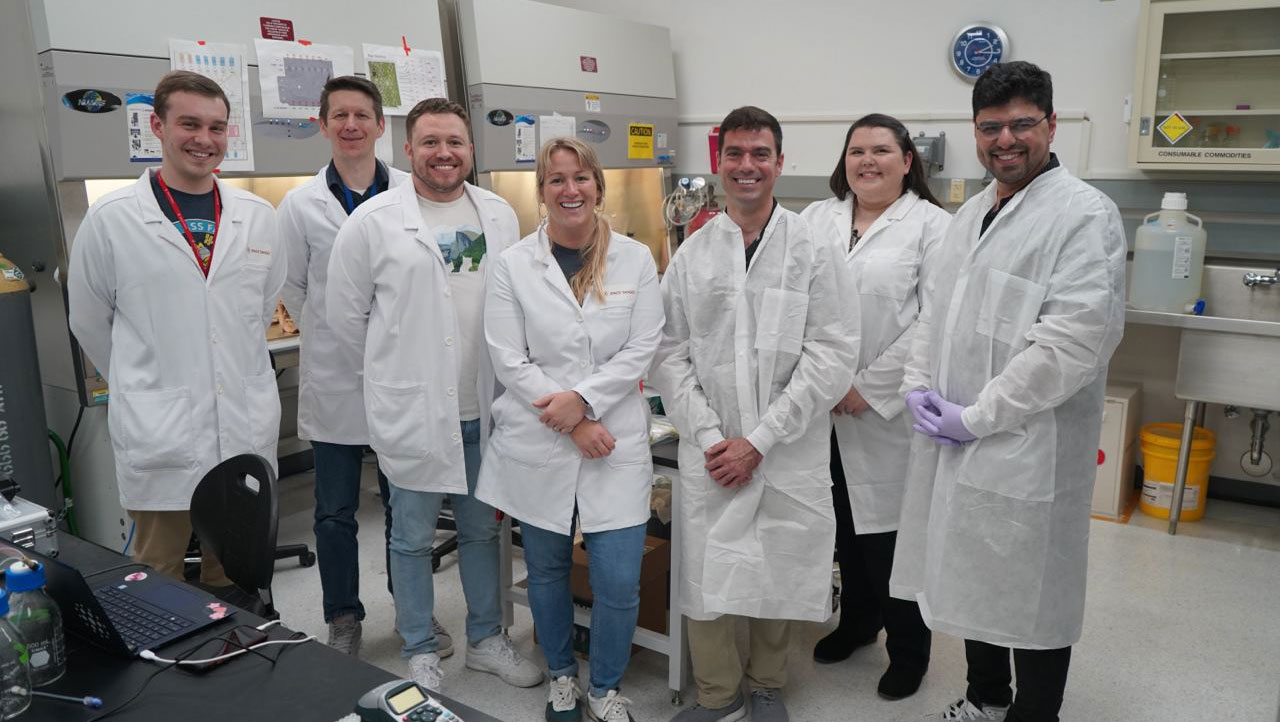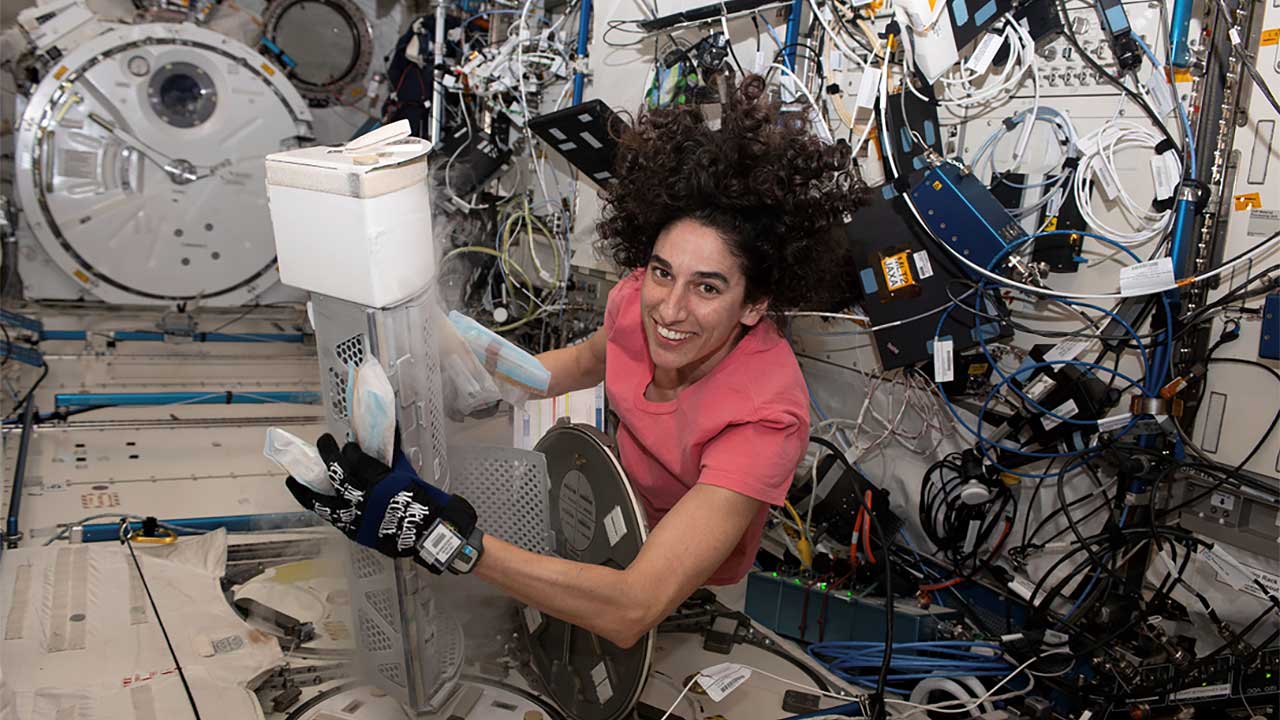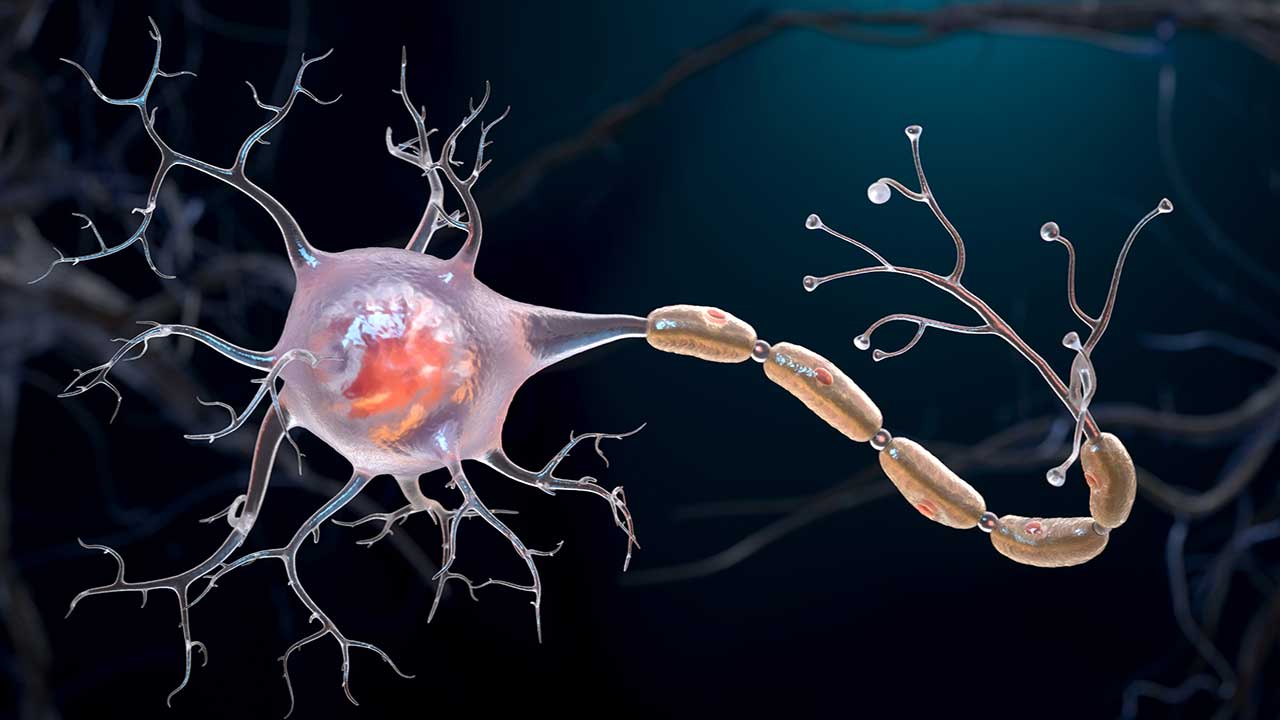Case Study
Personalized Cancer Treatment
ISS Advances System to Test Chemotherapies on Patient-Specific Cancer Cells
ISS National Lab Opportunity
The ISSInternational Space Station provides a platform to test a tumor-on-a-chip system that predicts which chemotherapy may work most effectively for a given patient.
Connecticut-based biotech startup Encapsulate has developed a tumor-on-a-chip system to grow patient-derived cancer cells for testing different types of chemotherapy. The goal is to deliver predictions on which drug might work best in just seven days. While the system worked well for many cancers on Earth, results for rare and drug-resistant tumors were less reliable. In standard lab models, tumor cells flatten into unnatural single layers, limiting accuracy. However, in microgravityThe condition of perceived weightlessness created when an object is in free fall, for example when an object is in orbital motion. Microgravity alters many observable phenomena within the physical and life sciences, allowing scientists to study things in ways not possible on Earth. The International Space Station provides access to a persistent microgravity environment., tumor cells self-assemble into 3D clusters that closely mimic their behavior in the human body. The team could leverage the ISS National Lab to test Encapsulate’s system in the space environment.
Industries:
Biotechnology, Medical Diagnostics
Strategic Focus Area:
Technology Development
Research Area:
Cancer Diagnostics
Institution:
Encapsulate
IMPACTFUL OUTCOME
The ISS experiment revealed tumor behaviors unseen on Earth and validated Encapsulate’s tumor-on-a-chip system, bringing it closer to clinical use.
The team tested tumors from six patients against multiple chemotherapy drugs, revealing cell behaviors never before seen in Earth-based models. Some tumors in space responded differently to treatment, while others displayed movement patterns linked to early metastasis, offering potential warnings before cancer spreads. The data matched real-world patient outcomes with more than 96 percent accuracy. The results raised the technology readiness level(Abbreviation: TRL) A measurement system used to assess the maturity level of a particular technology. There are nine technology readiness levels, and technology progresses from TRL 1 to TRL 9. of the system and validated Encapsulate’s now-patented tumor-on-chip system as clinically feasible, with additional patents pending. The company has since secured $3.63 million from NASA’s InSPA(Abbreviation: InSPA) InSPA is an applied research and development program sponsored by NASA and the ISS National Lab aimed at demonstrating space-based manufacturing and production activities by using the unique space environment to develop, test, or mature products and processes that could have an economic impact. program and $1.25 million from the U.S. National Science Foundation to continue to prepare its platform for clinical use.

INVESTIGATOR
Armin Rad
Co-Founder and CEO, Encapsulate

Encapsulate Team - Armin Rad, far right
Technically, it’s not even a prediction now—it’s an observation of what would work best on the tumor. The ISS gave us the environment to see cancer behave in ways we couldn’t on Earth, and that could change how we treat it.
– Armin Rad, Encapsulate

APPLICATION
Encapsulate aims to use space-based insights to guide precision cancer treatment on Earth.
The startup is planning a multi-site trial for pancreatic and colorectal cancer, in collaboration with UConn Health, Moffitt Cancer Center, and Memorial Sloan Kettering Cancer Center. In the long term, the company envisions a tiered approach where most tumors are tested on Earth, with only the most complex or drug-resistant cases sent to space for advanced profiling. The system could also be adapted for immunotherapy testing, reducing trial-and-error in treatment selection and improving patient survival.
Note: This content is abridged from an article originally published in Upward,
official magazine of the ISS National Lab.


